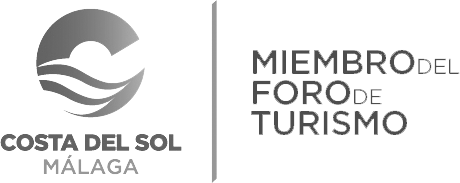In 2017 we have observed a increase in the share of buyers in virtually all markets. In terms of expenditure, the highest consumer spending has been on renovation and leisure (travel), with growth of 25% and 46% respectively.
In the following, a series of consumption indicators will be detailed, as a final result for the entire 2017 period.
Consumption by sector 2017
Percentage of respondents who say they have shopped in the last 12 months:
- Electronics/Technology : 66% (increase of 7% compared to 2016)
- Sport75% (increase of 21% compared to 2016)
- Mobile devices67% (increase of 15% compared to 2016)
- Travel: 71% (increase of 19% compared to 2016)
- Furniture: 46% (increase of 12% compared to 2016)
- Optics39% (increase of 12% compared to 2016)
- Dental Health: 62% (increase 36% compared to 2016)
- Kitchen furniture: 23% (increase of 1% compared to 2016)
- Home refurbishment: 15% (decrease of 6% compared to 2016)
- Bicycle21% (increase of 7% compared to 2016)
Purchase intention 2017
Percentage of respondents who say they intend to buy in the last 12 months:
- Electronics/Technology : 59% (increase 16% over 2016)
- Sport: 65% (increase of 23% compared to 2016)
- Mobile devices: 52% (increase of 16% compared to 2016)
- Travel: 74% (increase of 18% compared to 2016)
- Furniture: 39% (increase of 9% compared to 2016)
- Optical: 34% (increase of 9% compared to 2016)
- Dental Health: 64% (increase of 41% over 2016)
- Kitchen furniture: 21% (increase of 2% compared to 2016)
- Home improvements: 33% (decrease of 10% compared to 2016)
- Bicycle: 18% (4% increase over 2016)
Where to buy?
- Electronics. Large specialised area (26%) ; via Internet (32%); department store (19%).
- Sport: Large specialised area (55%)Internet (18%); department stores (17%).
- Mobile devices: over the Internet (44%); large specialised department store (22%); small shop in shopping centre (16%)
- Kitchen furniture: large specialised area (38%); medium or large neighbourhood shop (20%); department store (16%)
- Furniture: large area (44%); medium or large neighbourhood shop (22%); department store (20%).
Loyalty cards
- 69% have and use loyalty cards
- 23% no card available
- 8% have a card but do not usually use it.
The type of card that respondents used: Food chain (68%); Fashion clothing chain (33%); Department store (56%); Furniture chain (24%); Airline (18%); Record/book shop (10%); Appliance/technology chain (9%); Car brand (3%); Optician (6%); Other (11%).
Second-hand market
The number of consumers who say they have bought products on the second-hand market is 12 percentage points lower than in 2016.
The only sector where an increase of 2% has been seen is in the books/discs sector.
The steepest decline has been in the IT/technology sector with 12% less in 2017 compared to 2016.
Spending on fashion and food
The average monthly expenditure on fashion in 2017 is 505 euros (61% more than in 2016). The average monthly expenditure on food in 2017 is 317 euros (4% more than in 2016).
Finally, we will talk about the ecological character of Spaniards.
The 40% claims to consider ecological sustainability in its purchases, but only sometimes.
39% says it never takes this into account. Only 17% says that it always takes ecology into account in its purchases.





